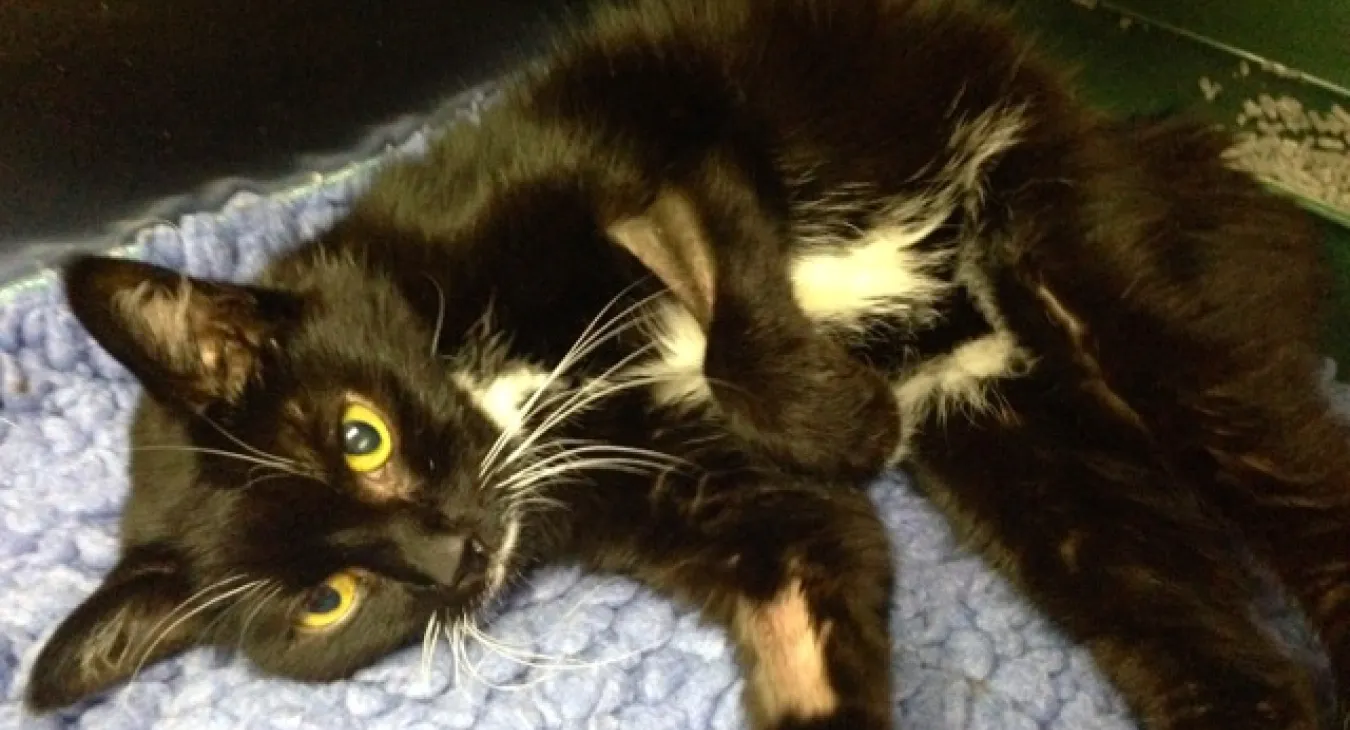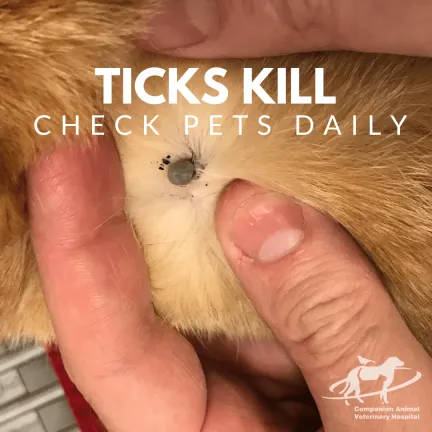Manxi came into us a few weeks ago because she had stopped eating and was very weak and had lost a lot of weight.
To cut a long story short she had diabetes and because her body was being deprived of glucose (sugar) and when she stopped eating her metabolism had changed and she was mobilising fat. The fat had accumulated in her liver and stopped it from working properly.
She was an extremely sick cat when she came to us but after almost 2 weeks in hospital she was discharged on insulin for her owner to administer at home.
Manxi is now gaining weight, eating well and is a really affectionate cat. She should go on to live a normal life with the slight addition of a couple of injections each day. If she's lucky she'll go into remission and won't need insulin any more!
DIABETES IN CATS
Diabetes is one of the most common hormonal disorders in cats. It is caused by abnormalities within the pancreas that affect its ability to produce insulin, as well as a reduced ability by tissues in the body to respond to the insulin that is produced. Diabetes can also occur due to another disease or certain types of drug therapy.
RISK FACTORS AND CLINICAL SIGNS
Overweight and sedentary cats are at increased risk as are some breeds such as Burmese. Common signs of diabetes include increased thirst and increased drinking, increased urination (due to increased water intake), increased appetite and weight loss. Poor coat quality, weakness in the back legs and frequent urinary infections are also signs of diabetes. In severe untreated cases cats may become extremely ill and show signs of depression, inappetance, vomiting, diarrhoea and collapse.
Diabetes is diagnosed by blood and urine tests which will reveal abnormally high levels of glucose in the blood and/or urine. More specialized tests or repeated may also be performed as high glucose levels can also occur as a result of stress (due to other illness).
Although diabetes is a treatable disease is does require considerable commitment and dedication on the owner’s part. Diabetic cats can benefit from weight loss (if they are overweight) and a low carbohydrate diet. There are specifically formulated prescription diets that are available for diabetic cats. Most diabetic cats also require daily or twice daily injections of insulin. Although this sounds like a daunting task, most cats can be trained to easily accept the injections as the amount and type of needle used is very small. Diabetic cats will also require regular blood tests to help determine the optimal dose of insulin required. It is also very important to regularly monitor a diabetic cats food and water intake as well as their weight.
PREVENTION OF DIABETES AND WARNING SIGNS
To prevent diabetes desex your cat and do not allow your cat to become fat.
Despite not being fat some cats still develop diabetes, so here's what to look out for:
- drinking a lot of water
- flooding the litter tray (increased urine output)
- increased appetite
- weight loss
Read more articles
- Log in to post comments



